REVIEW: UNFINISHED ROMANCE
(AUSTRALIAN ROMANTIC & CLASSICAL ORCHESTRA)
CLIVE PAGET on MAY 21, 2017
★★★★☆
ARCO finished splendidly with an unfinished masterpiece.
City Recital Hall, Angel Place, Sydney
May 20, 2017
With their preternatural gifts for spinning a good tune, Schubert and Rossini have more in common than you might suppose, but in other ways they were flipsides of the same coin. Rossini hankered for the success of his serious works, yet it’s his fizzing comedies that still hold the operatic stage. Schubert, of course, yearned for any kind of success in the opera house but, despite his brilliant gifts for word setting, his reputation rests primarily on his Lieder and chamber output. In an engaging entertainment, very much a game of two halves, the Australian Romantic and Classical Orchestra aimed to demonstrate the sonic impact of period instruments on the works of these close contemporaries.
Jakob Lehmann & ARCO. Photo © Nick Gilbert
Rossini first. With his primary colours and a focus on melody and rhythm over sophisticated harmony and atmospherics he’s perhaps not best placed to be 'born again' by a HIP approach. Sticking firmly to the great comedies – The Barber, The Italian Girl and Cenerentola – ARCO offered 40 minutes of pure, indulgent entertainment, the performances briskly spirited with lean string tone, light and clear woodwind, and a percussive contribution straight out of the 19th-century town banda. There were the occasional slip-ups thanks to the challenges of wrangling those tricky old instruments, but there were also plenty of moments to enjoy the sounds that Rossini himself would have expected – like those deliciously woody flutes and piccolos and the surprising timbre of hand-stopped horns.
The unfortunate last-minute indisposition of Richard Gill meant that Jakob Lehmann, concertmaster with the wonderful Anima Eterna Brugge, was promoted from guest leader to maestro at the shortest of notice. The audience were in good hands, as Lehmann proved to be a talented conductor with a perfect instinct for tempi and a strong sense of the importance of balance and blend. His overtures to Il Barbiere di Siviglia and L’Italiana in Algeri duly sparkled, and he was a sensitive accompanist in the vocal selections as well.
Soloist for the night was Fiona Campbell, and it was nice to hear a trio of arias sometimes hijacked by sopranos sung by a proper mezzo. Acting her socks off, Campbell held the audience in the palm of her hand as she cleverly transitioned from Rosina, through L’Italiana’s Isabella to Cenerentola herself. The double skillset of attention to text and effortless coloratura allowed her to work up each aria into a miniature dramatic scena, and she interacted nicely with a conductor required to pass her a hankie plus a supernumerary who delivered her a tiara-laden cushion for the switch into Cinderella’s forgiveness aria, Non più mesta.
Fiona Campbell & ARCO. Photo © Nick Gilbert
Campbell’s may not be the biggest voice on the circuit, but her roulades cut nicely through the orchestral textures – particularly thrilling in the opening section of her Cenerentola aria – and, with the exception of a couple of sections that lay awkwardly across the break between her head-voice and well-deployed chest register, she came across loud and clear.
If period instrument Rossini is enjoyable, yet hardly revelatory, the same cannot be said for Schubert. With its brooding sound world and emotional outbursts, his Unfinished Symphony is a virtual calling card for the Romantic movement and here it received the kind of thrilling, committed performance that is a hallmark of ARCO’s dedication to squeezing new sounds out of old bottles. It was prefaced by an intriguing early work for quintet played as a full string Overture and demonstrating that even at 14, the young Schubert was moving out of the musical orbit of his old teacher Salieri. Lehmann whipped it along with considerable vigour, the string tone rich, if just occasionally perilously exposed.
The Symphony itself received a textbook reading. The opening, low on cellos and basses, was enlivened with darkly dramatic interjections of woodwinds and horns, before the famous first theme eased into view. Snarling trombones and trumpets were a highlight of the ensuing interplay along with vivid period timpani. Lehmann drove it forwards with a great sense of swing particularly telling in the powerful three-four sections. The Adagio alternated between the lilting and the grandly noble, the central outbursts deftly handled. But at the end of the day, it was that period Schubert sound – potent, nuanced, textured – that made this concert a must-hear. Melbournians get to judge on Monday night. Go see – and hear.
- See more at: www.limelightmagazine.com.au



